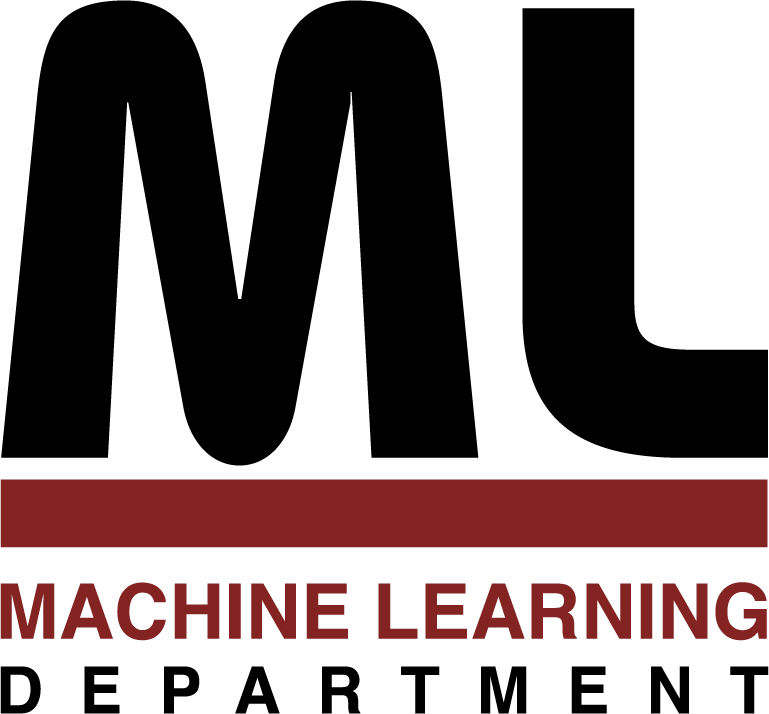
Machine Learning Department
School of Computer Science, Carnegie Mellon University
Learning Collections of Functions
Emmanouil Antonios Platanios
April 2020
Ph.D. Thesis
In this thesis, we argue that a computer system that learns to perform multiple tasks jointly and that is aware of the relationships between these tasks, will be able to learn more effciently and effectively than a system that learns to perform each task in isolation. Moreover, the relationships between the tasks may either be explicitly provided through supervision or implicitly learned by the system itself, and will allow the system to self-reflect and evaluate itself without any task-specific supervision. This includes learning relationships in the form of higher-order functions–namely functions that compose, transform, or otherwise manipulate other functions–that can enable truly
In the first part, we present a method that allows learning systems to evaluate themselves in an unsupervised manner by leveraging explicitly provided relationships between multiple learned functions. We erfer to this ability as self-reflection and show how it addresses an important limitation of existing never-ending learning systems like the never-ending language learning (Mitchell et al., 2018). We then propose multiple extensions that improve upon this method, resulting in several robust algorithms or estimating the accuracy of classifiers from unlabeled data. In the second part, we consider more general multi-task learning settings and propose an abstract framework called contextual parameter generation (CPG), which allows systems to generate functions for solving different kinds of tasks without necessarily having been shown any training data for these tasks. This framework generalizes existing approaches in multi-task learning, transfer learning, and meta-learning, and it further allows for learning arbitrary higher-order functions. It does so by formalizing the notion of a function representation and what it means for functions to operate on other functions or even on themselves. This new type of learning, which we refer to as higher-order learning, enables learning relationships between multiple functions in the form of higher-order functions and is inspired by functional programming and category theory. Finally, we propose the jelly bean world (JBW), a novel evaluation framework for never-ending learning systems.
305 pages
Roni Rosenfeld, Head, Machine Learning Department
Tom Mitchell (Chair)
Graham Neubig
Rich Cruana (Microsoft)
Eric Horvitz (Microsoft)
Martial Hebert, Dean, School of Computer Science
School of Computer Science